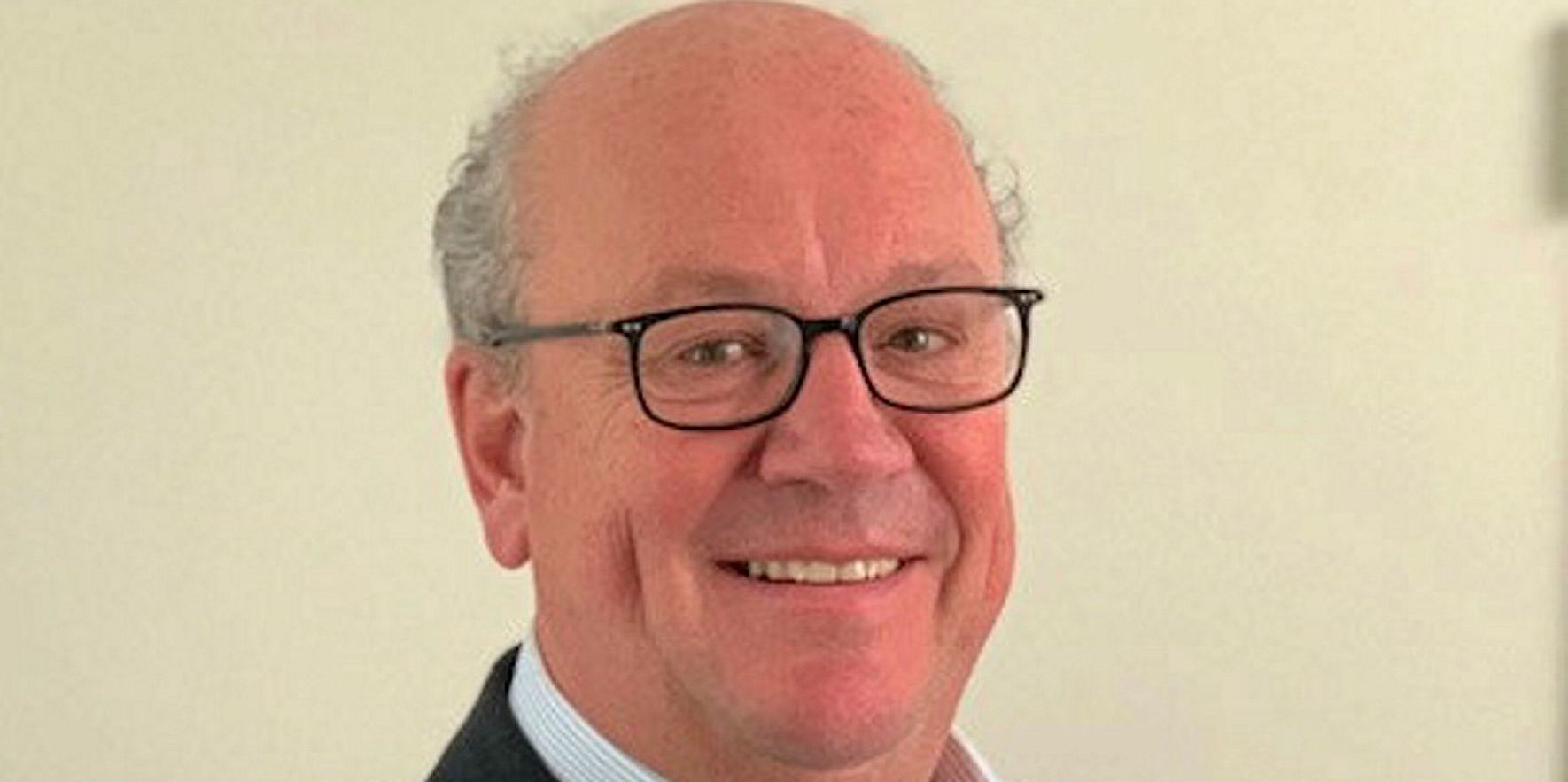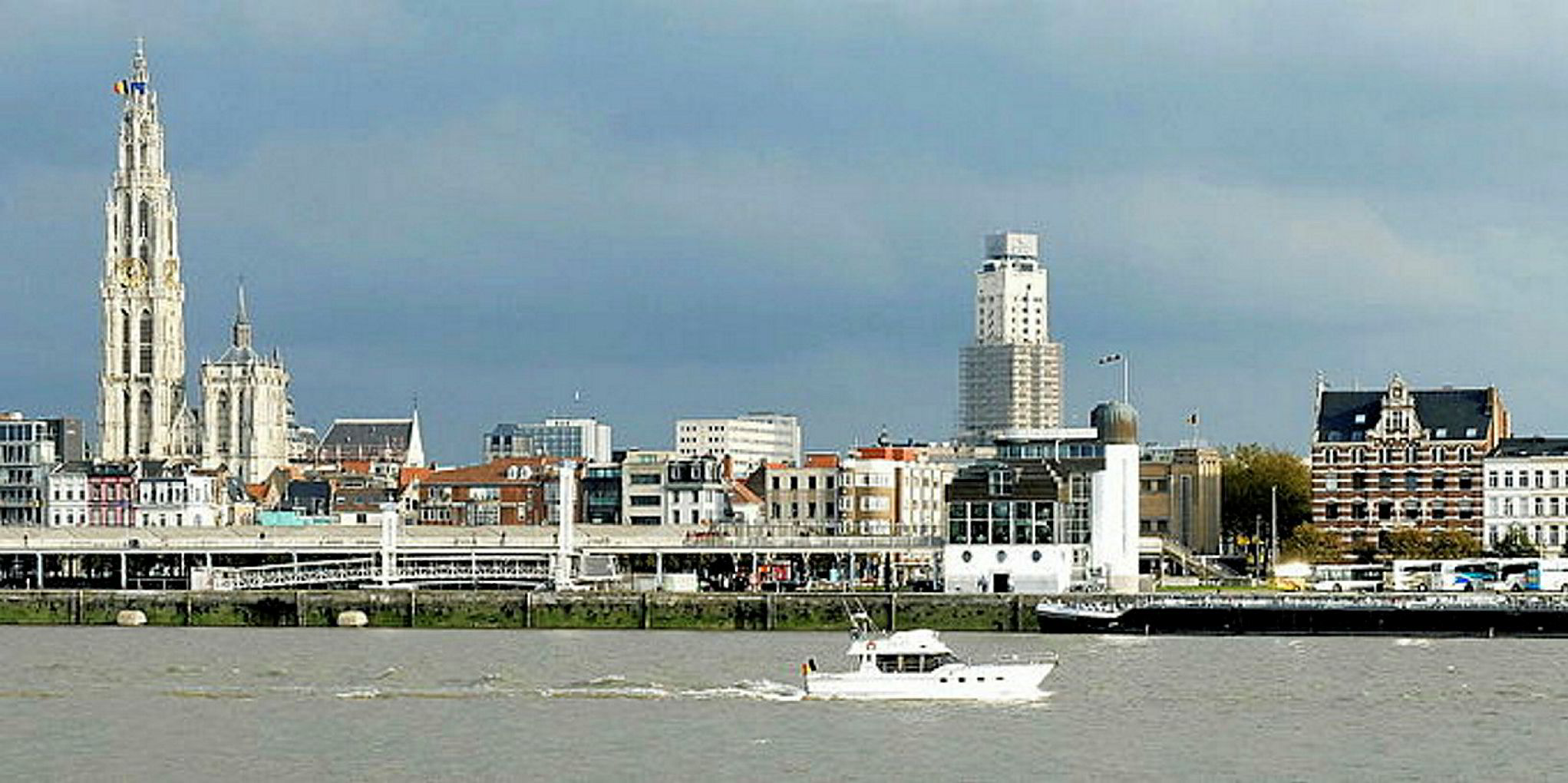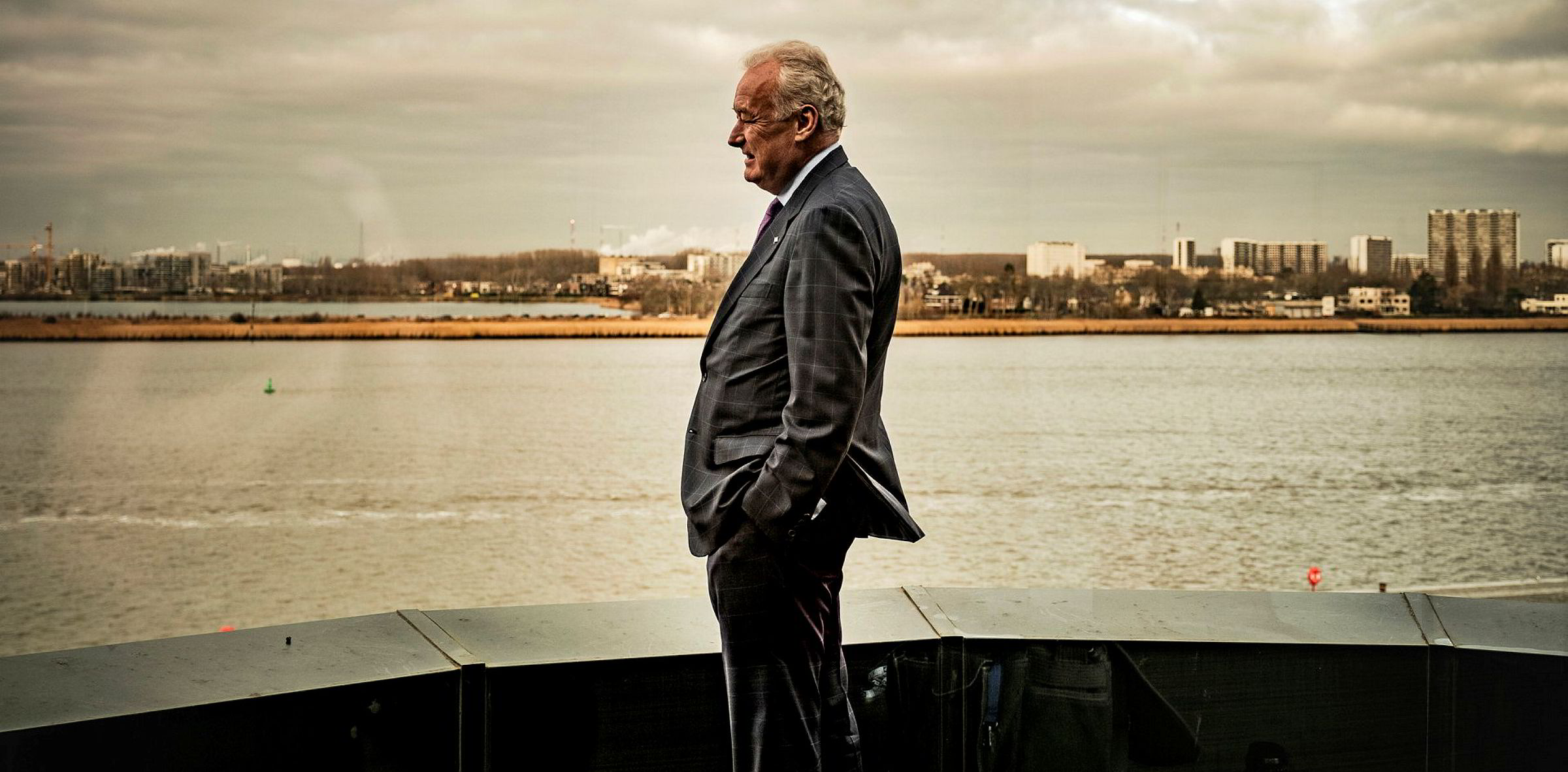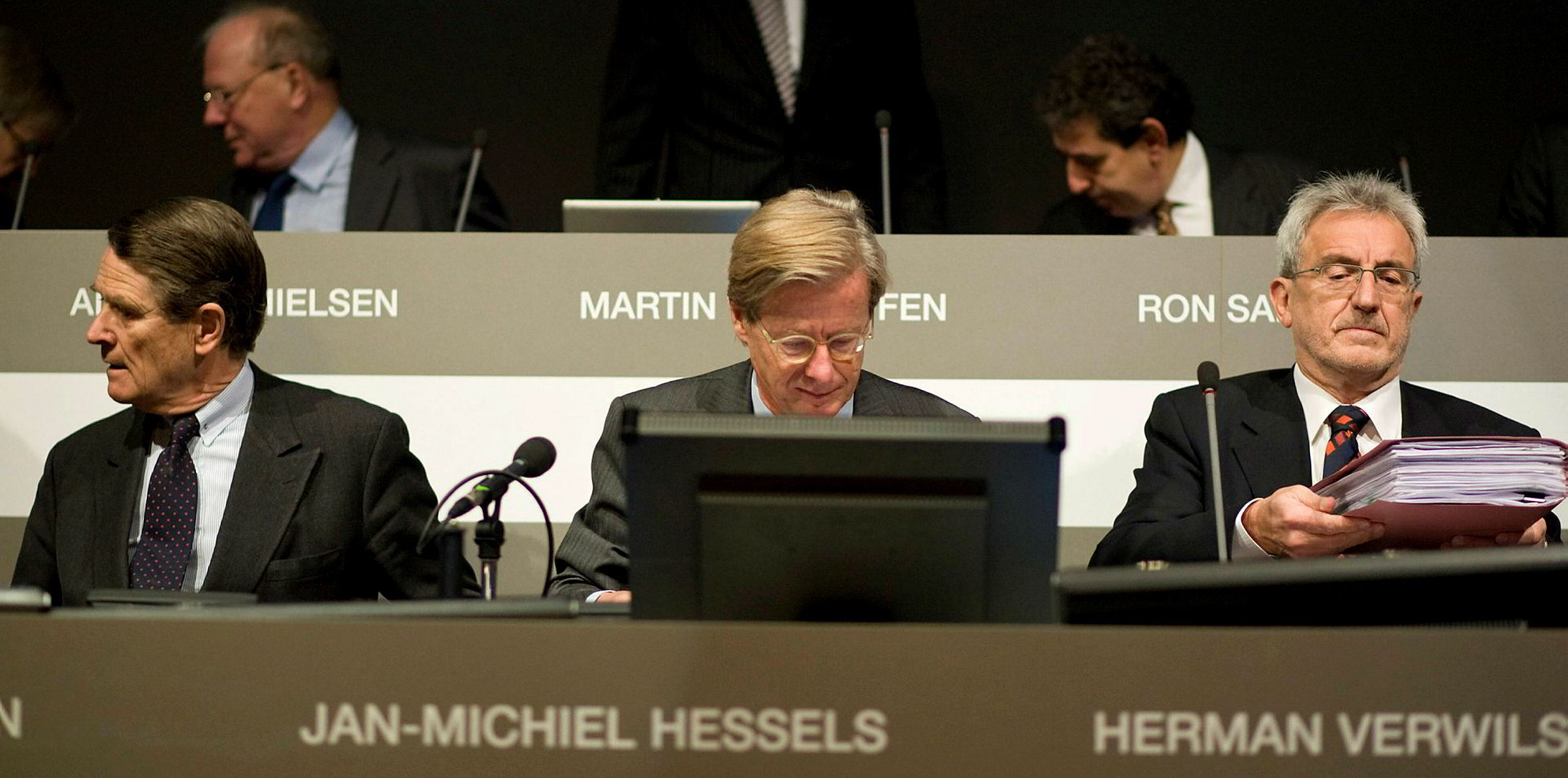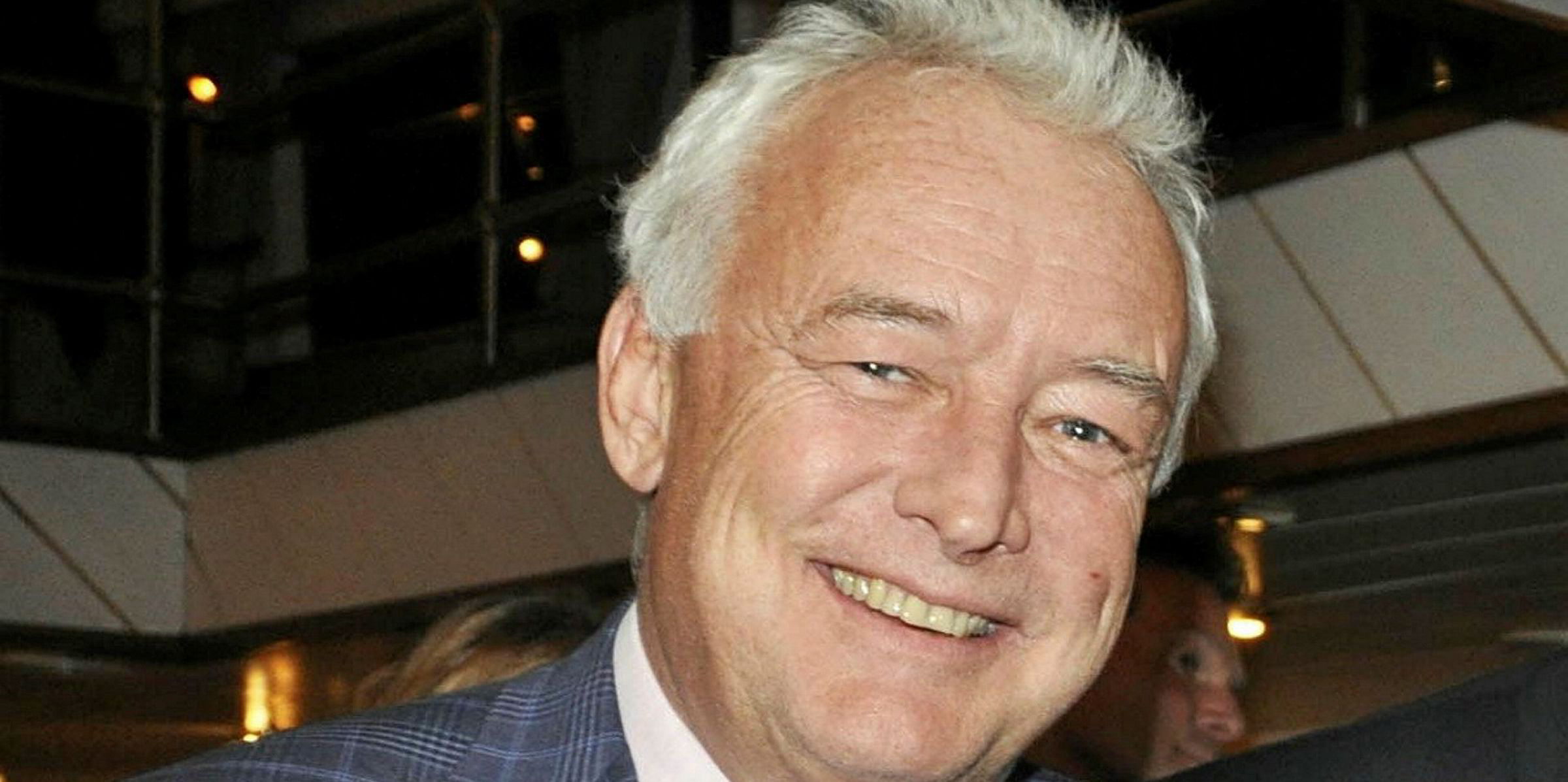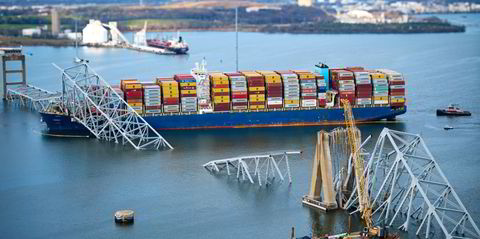Francis Mottrie stepped into a newly created role as deputy chief executive of Belgium shipowner Exmar in January, but just three months later he was catapulted into the top job.
Exmar was personally hit by the Covid-19 pandemic, when its long-standing chairman Philippe Bodson died of coronavirus on 4 April after a three-week illness.
Mottrie moved into the chief executive's position and his predecessor, Nicolas Saverys, shifted into a new role as executive chairman.
Mottrie, speaking to TradeWinds from Exmar’s reopened office in Antwerp, paid tribute to Bodson, who was attending meetings as recently as March.
He described the former chairman as an “exceptional personality”, who was “highly respected” and had “an incredible dedication to Exmar”.
Mottrie said Saverys did not only lose a chairman but also a very close friend — someone who was a source of inspiration and a driving force in seeking solutions for Exmar’s strategy.
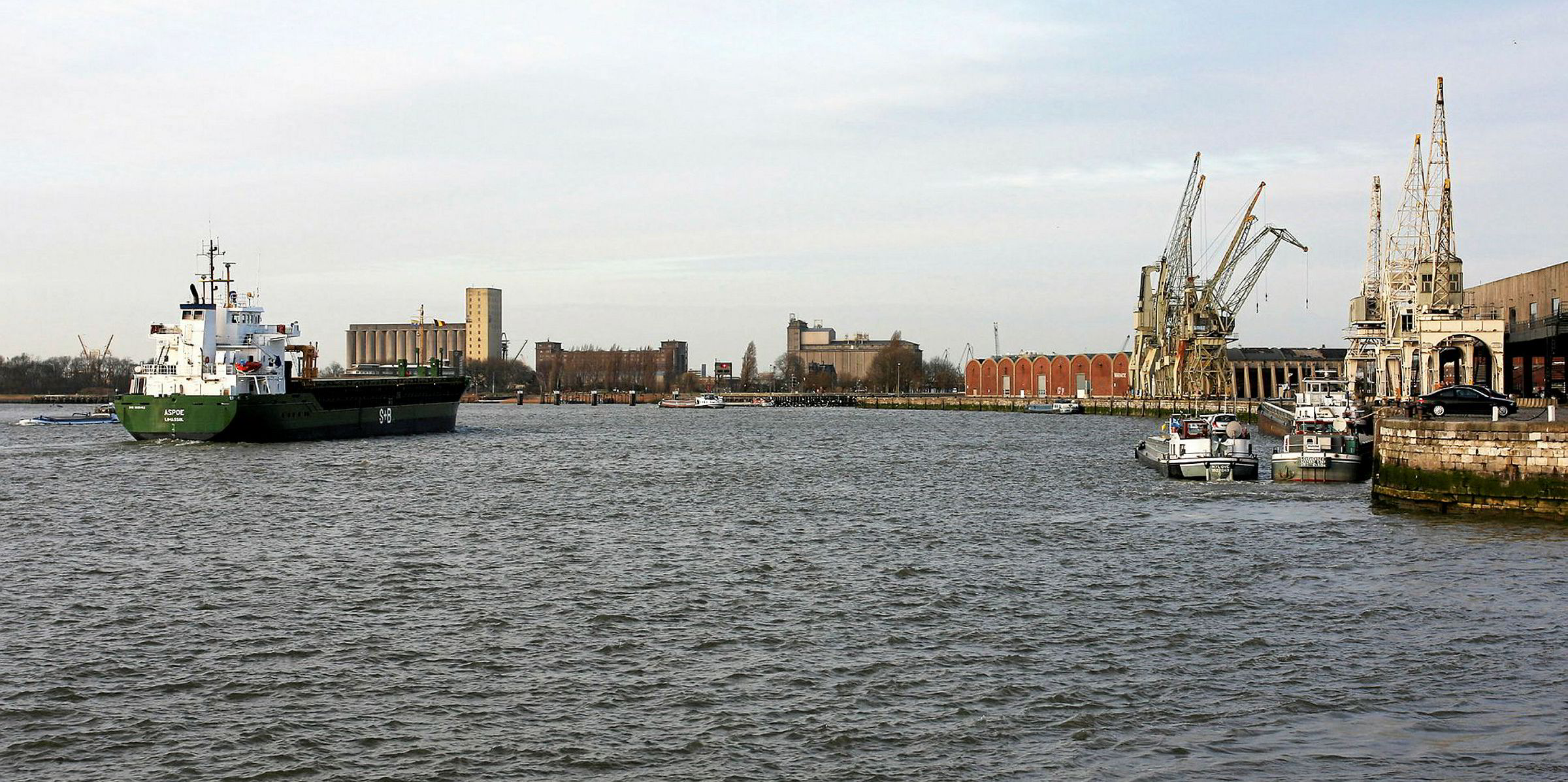
He said Bodson’s death brought the pandemic very close to home, but also strengthened Exmar’s belief that it needed to be cautious and prioritise protectionary measures for its workers both at sea and onshore.
He particularly thanked the company’s crews for their loyalty and professionalism during the outbreak.
“Safety and well-being are key for our staff,” he said.
Future proofing
Mottrie, a trained lawyer, is no stranger to Exmar and the Saverys family, whom he has known for more than 30 years.
He started his career within the CMB Group, working in the legal and human resources departments before moving off when the company’s containership interests were sold to what was then South African liner operator Safmarine.
AP Moller-Maersk bought Safmarine and in 2012 decided to relocate those corporate structures to Copenhagen. Mottrie preferred to stay in Antwerp and was invited by Saverys to take on the role of chief executive for Bexco, the Exmar-controlled manufacturer of synthetic rope.
At the start of 2019, after a run of particularly challenging years for Exmar, Saverys called on Mottrie to undertake a full audit of all the parts of the Exmar group worldwide.
While still wearing the hat of Bexco chief executive, Mottrie started work on it in February 2019 under the project name “Prepare For The Future”.
He interviewed around 30% of the staff worldwide over a four-month period and then came up with recommendations grouped under four areas — business model, financials, company culture and whether the group’s organisation was fit for the challenges ahead.
Mottrie said he presented his recommendations to the board in September last year and was then asked who would implement them.
He worked with Saverys and Bodson, in the period to the end of last year, to put his successor in place at Bexco, which he had spent seven years turning around and expanding.
He then moved into the newly created deputy chief executive role at Exmar, where his brief was to implement the recommendations while taking responsibility for internal management of the group. Saverys remained as chief executive with an outward focus on strategy.
Now chief executive himself, Mottrie is responsible for the day-to-day management of the group and implementation of its strategic direction.
He is conscious that he is taking over at a time of crisis — not just with the Covid-19 pandemic but also with the fallout in the oil markets as the energy majors adapt by cutting back and delaying investments.
Mottrie is keen to test the restructured Exmar against this “new normal”. But he wants to see the company move into the same type of stability it had begun to enjoy last year.
“I really will push the management team to reflect on this new reality, their roles and the added value and create a strategy around that,” he said, explaining the need to have a mindset to adapt to these changes.
Change champion
“The biggest challenge will be to really be a change champion and to maintain your existing business and maintain your position in the sectors you are strong in."
Aside from adapting to these big-picture changes, Mottrie does not want to corner Exmar into one section of the business.
“We are very opportunistic and entrepreneurial driven,” he said. “I want to continue to act as an attentive shipowner, despite the crisis we are in.”
He wants to continue Exmar’s legacy of being a creator of next-generation vessels and “excel in innovation".
“I am quite confident that we will find these opportunities in the next phase of Exmar despite all the uncertainty we face at the moment,” Mottrie said. “Let’s make the dream work.”
